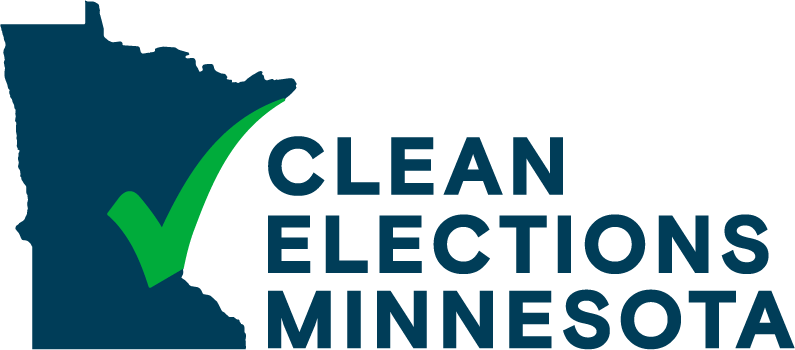Iowa’s redistricting plan (Iowa Code §§ 42.1 – 42.6) was first adopted in 1980 and has been successful in having a proposed plan adopted quickly by the legislature and in avoiding judicial review. The plan has firm deadlines for actions by all participants. The plan is similar to H.F. 246 submitted in 2017 in Minnesota in having an independent commission appointed by the legislative leadership, but it is different in a significant respect.
In Iowa the initial plan is drawn up by its Legislative Services Agency, which combines functions handled in Minnesota by a combination of the revisor of statutes, non-partisan research, Senate counsel, and legislative auditor. The director of the LSA must ensure that all employees “shall not participate in partisan political activities and shall not be identified as advocates or opponents of issues subject to legislative debate.” Its employees are civil servants.
The LSA may seek advice from an independent commission appointed by the legislative leadership and the commission is required to hold public hearings on the LSA plan statewide and collect comments for the legislature. Like H.F. 246 the legislature may reject the proposed plan three times and then adopt its own plan. However, in Iowa, a plan (the first) has been rejected only once, in 1980, and the second proposed plan was adopted. There has been no resort to the courts.
How might this work in Minnesota? The development of an individual plan could be assigned to the Revisor or the Legislative Auditor with appropriate requirements that they and their employees be non-partisan. Both are well respected at present in Minnesota. Or one or both could appoint a non-partisan panel to draw a plan with staff support from the agency.
What would be the advantage of this version of redistricting? Hopefully the legislature would be more comfortable with a plan drawn by its employees rather than an independent commission. The legislature will devise rules to guide the agency’s preparation of the plan. But the main advantage is how successful this model has been in Iowa. It is regarded as a model of equity nationally and has resulted in fair redistricting plans. Some think that legislators do not reject plans in Iowa because they fear they will lose their election.
The Iowa process should receive serious consideration in Minnesota. It appears to have ended partisan redistricting (gerrymandering) and produces prompt results without delay and expensive litigation. It has also produced more competitive elections that reduced legislative gridlock.


